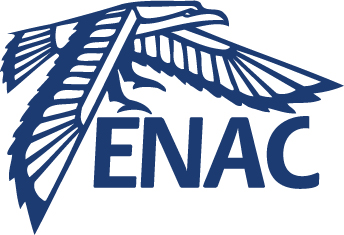Toward a Non Stabilized Approach assistant based on human expertise
Résumé
97% of Non-Stabilized Approach (NSA) are continued until landing going against Standard Opera- tional Procedures (SOP). For some of these approaches, the reason is a lack of situation awareness for others it is because of operational constraints that standard SOP do not take into account like ATC, remaining fuel on board, weather... Most of the time everything goes well but pilots often admit afterwards that they should have go-around and that safety margins were greatly reduced. In the frame of Clean Sky 2 JU, the HARVIS (Human Aircraft Roadmap for Virtual Intelligent System) project aims to identify how cognitive computing algorithms implemented in a digital assistant could support the decision making of a single pilot in complex situation at horizon 2035+. Such a digital assistant would have to mimic human behavior like being adaptive, interactive and contextual. To answer the NSA problem, this assistant could be fed with aircraft parameters and contextual information (ATC, weather, pilot physiological state...) and provide alerting in case of parameters deviations, suggestions of corrective action or even go-around advisories like a Pilot Monitoring is doing today in multi-crew operations. Our innovative approach is to use expertise from a large number of pilots on many relevant sce- narios to classify human judgement on real flight trajectories instead of relying on rules like SOP. Relevant segments of NSA based on Flight Data Recordings (FDR) and operational constraints will be presented on a web interface displaying parts of the flight deck for the pilots to give their judge- ment about the necessity to go-around or not. Thanks to this labelling, an assistant will be trained to recognize these situations and will provide real time support to decision-making. Unlike existing alerting and decisions-aided systems that are based on trajectory prediction and not human expertise, our assistant will be adaptive to the situation, being discreet if the approach goes well and more intrusive/directive when things go wrong. Instead of relying on the sole Pilot Monitoring point of view, the Pilot Flying will benefit from the expertise of hundreds of pilots. The acceptance of the assistant should be strengthened as a result of this original approach. This assistant will contribute to make flight more safe, economic and ecologic. As it will only advise and not make corrective actions, pilots will have the possibility to keep flying manually voluntarily contributing to maintaining their skill level. As a consequence, they will be more efficient in case of autopilot failure, thus contributing to safety. The argument is also economic and ecologic as the assistant may also decrease the number of go around by reducing the number of NSA. The implementation of HARVIS NSA assistant will be conducted in 2020 and user tests in 2021.
